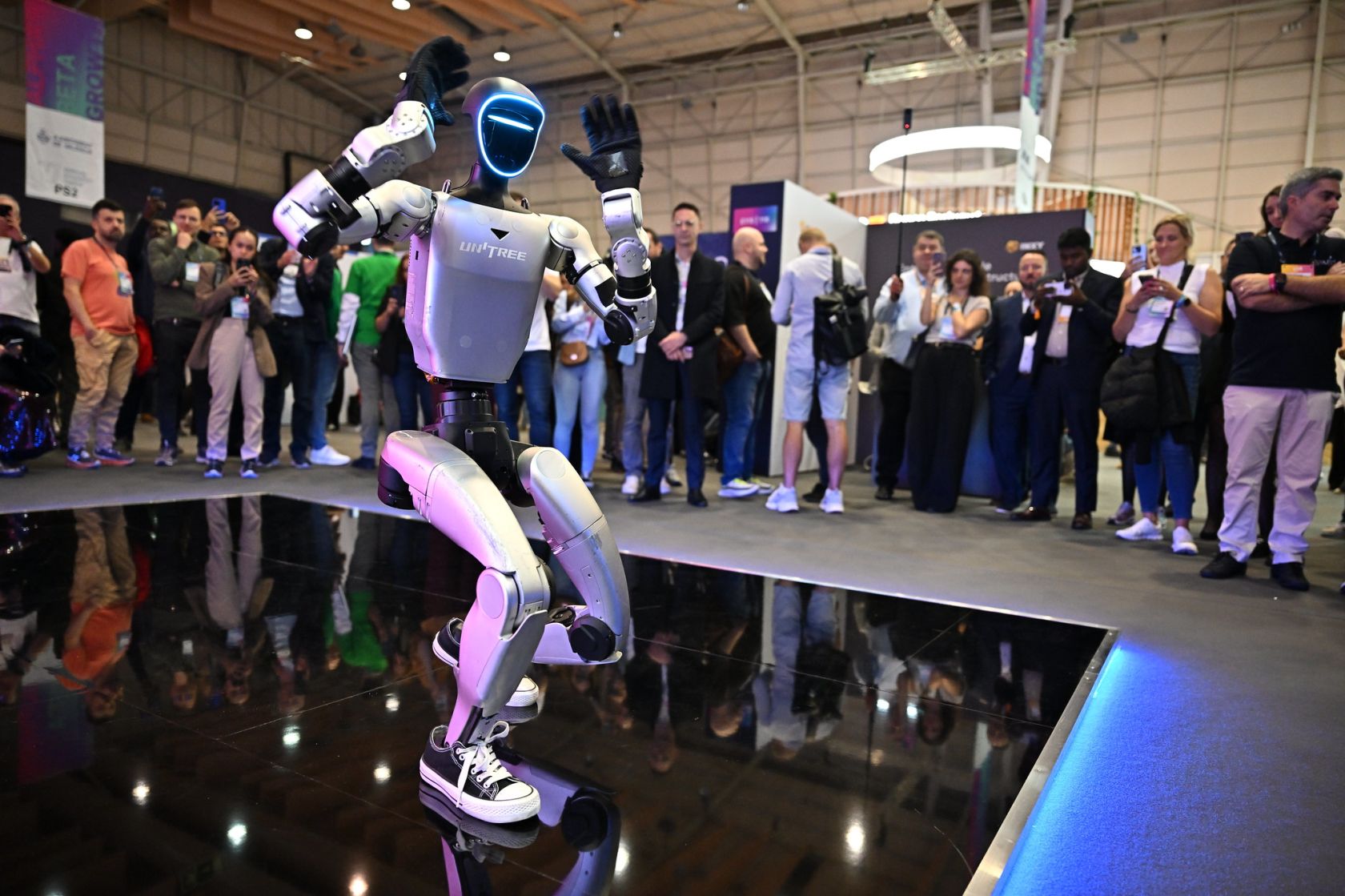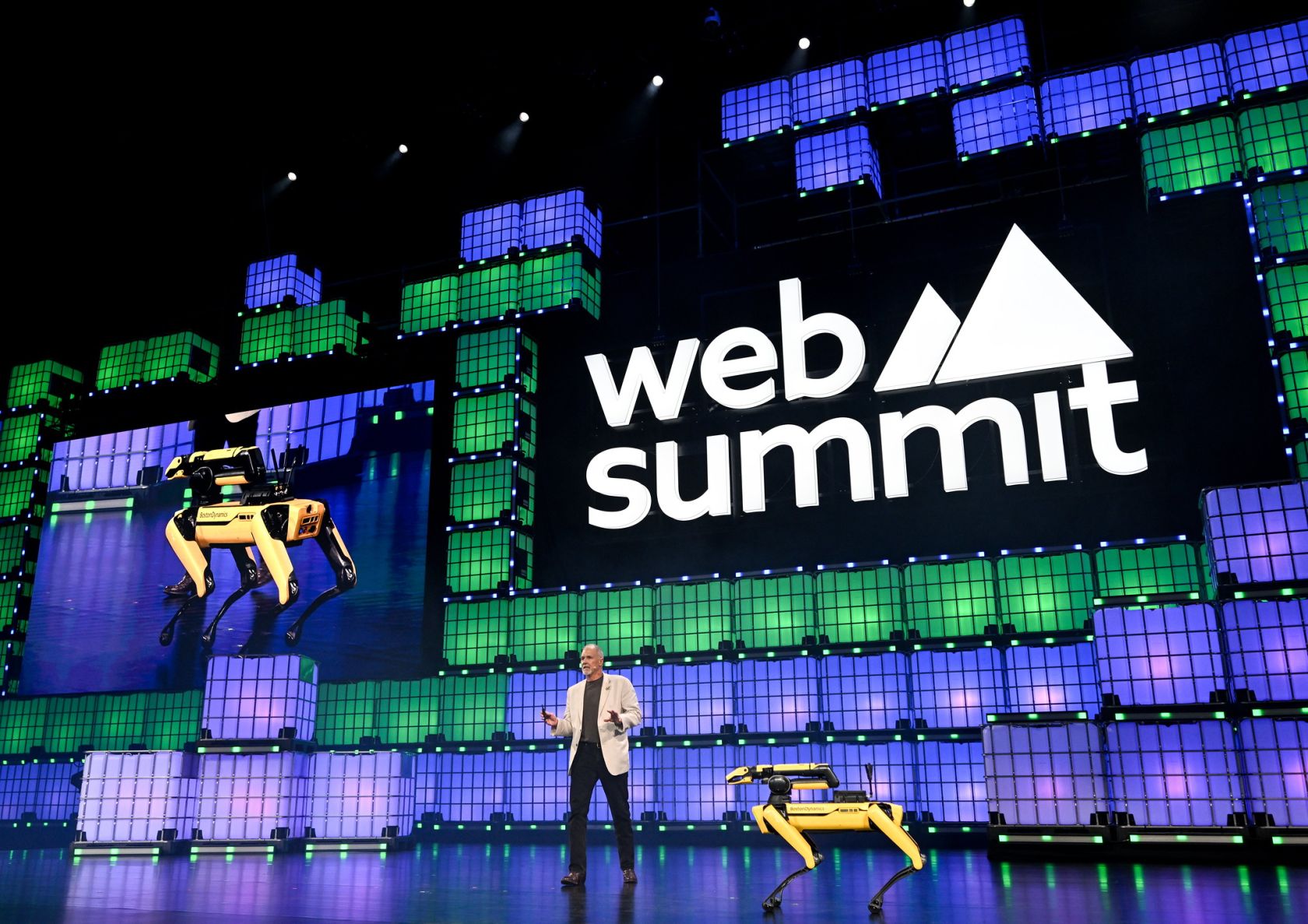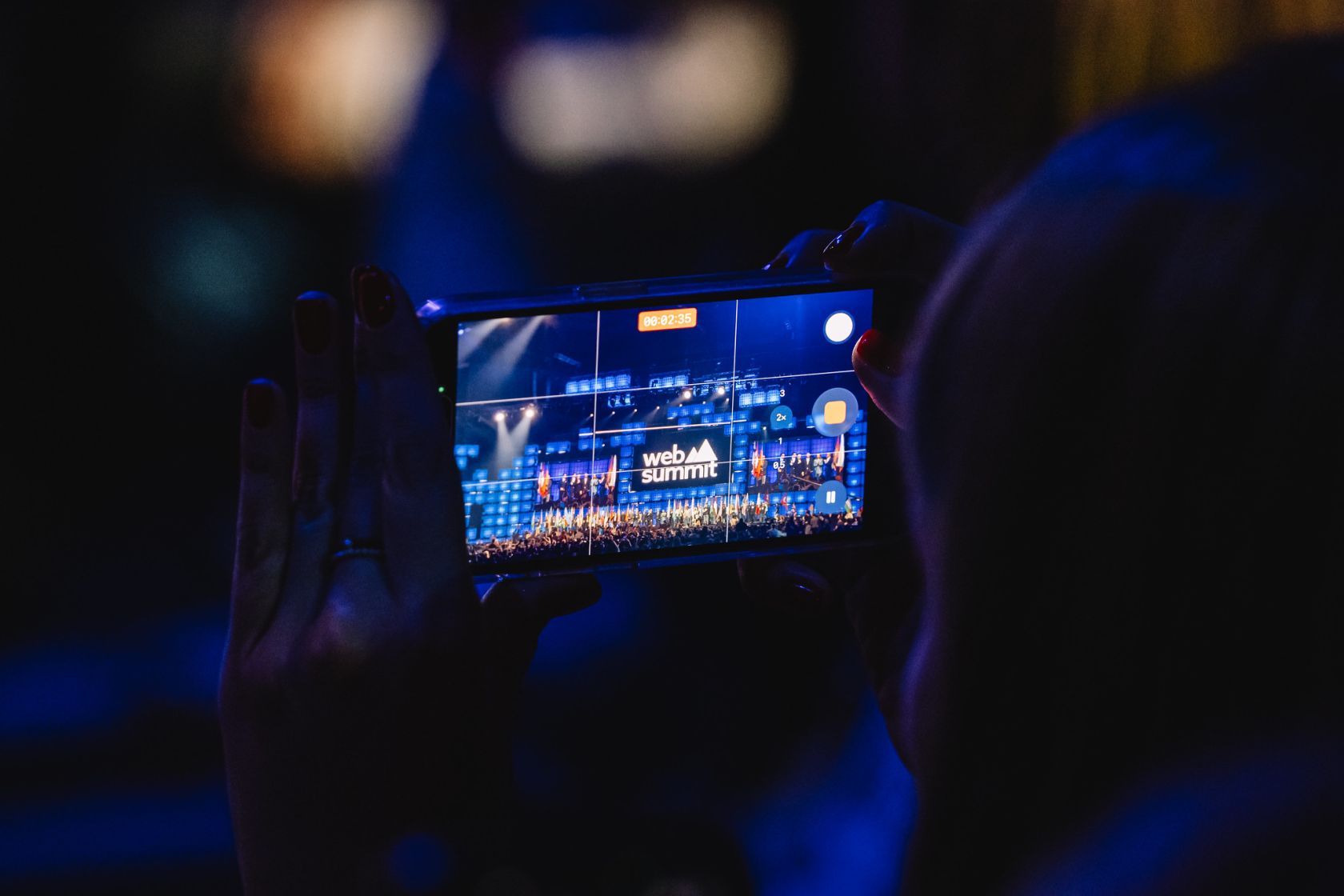The word that dominated all the stages was Artificial Intelligence. Genetic, industrial, generative AI, AI agents, specialized models by sector. The feeling is that there is no longer an "AI sector". AI runs through everything. Health, mobility, marketing, politics, real estate, entertainment, education. One of the moderators summed up the paradigm shift well. If in real estate the mantra has always been location, location, location, today the mantra of the new economy is data, data, data.
As I walked through the corridors, I saw everything. Early-stage startups, unicorns consolidating strategies, big tech companies announcing data centers and investments in critical infrastructure. I also saw something that for me is essential. People of all ages and countries, with sparkle in their eyes, looking to learn, to test ideas, to fail, to get it right, to connect with others. Web Summit is a technology fair, but above all it is a fair of humanity.
On several stages, founders and entrepreneurship were discussed. I particularly liked the idea that a founder is not just the one who raises millionaire rounds. A founder is also someone who has a bakery, a workshop, a hair salon, a local agency, a small business that survives because every day someone makes difficult decisions at the right time. Technology may be global, but the entrepreneurial spirit continues to start next door.

There were presentations that touched me in a special way. One of them was that of a robotics and health company that brought to the stage an exoskeleton capable of allowing people with severe mobility limitations to get up and walk again, through advanced physical AI systems and data in continuous learning. Having an academic background in physiotherapy, I could not remain indifferent. There, technology ceased to be a concept to become independence, dignity, and hope.
On another stage, a company presented AI agents capable of helping with strategy, marketing, and the daily operation of a company. I mentally tested the limits of the promises and realized something important. Some answers do not yet exist, because there is a lack of data and time. But the trend is clear. We are moving towards a scenario in which any person or company will have their own "digital advisor", trained with relevant data and able to support decisions based on the accumulated experience of thousands of other cases.

The Web Summit did not live only on code. There was a lot of talk about politics, communication, and social networks. We saw the example of a young MEP who went straight from the world of content creators to the European Parliament, supporting his candidacy in the way he uses data and metrics from the platforms to understand voter behavior. Or the case of TikTok, which showed how communities like BookTok can get the world back to reading and, at the same time, generate a very real economic impact on bookstores, authors, and publishers.
There was also space to look at the Portuguese ecosystem from the inside. Fábrica de Unicórnios announced a new health hub in Rossio, in partnership with reference companies in health and longevity. Lisbon welcomed another international unicorn, a global independent work platform, which chose the city to open its first European office. Startup Portugal presented impressive numbers. More than five thousand active startups, growing turnover, average salaries above the national average and exports that already represent a relevant slice of the economy.

At the Ecosystem Summit, even before the "bigger" Web Summit, there was talk of digitalization of public administration, transformation of small and medium-sized enterprises, housing, territorial attractiveness and how programs such as those promoted by Empowered Startups, in partnership with institutions such as the Polytechnic of Santarém and municipalities in the interior, are connecting international talent to Portuguese projects in the regions that most need investment and knowledge.
I leave this week with renewed conviction. The Web Summit is not just an event that takes place in Lisbon. It is a mirror of the world and, at the same time, a mirror of Portugal. The reflection I saw this year was that of a country in change, more confident, more ambitious, and increasingly connected to the great conversations of our time.














